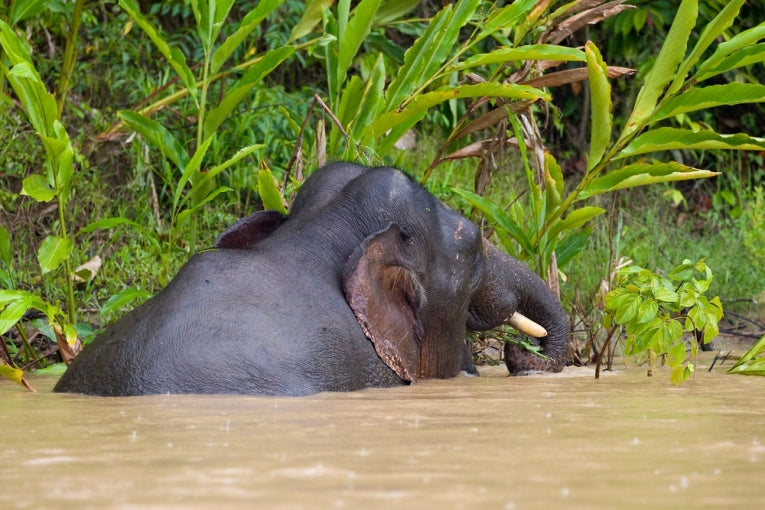Many of us drink, eat and breathe freely. This is only possible because water is retained in natural ecosystems, food is piped through food webs from the Sun's energy and oxygen is made by plants.
"Water purity, food production and air quality are easy to take for granted, but all are largely provided by communities of organisms," says George Gilchrist, program director in the US. National Science Foundation's Division of Environmental Biology, which funded research that comments on the 20 years since the famed Earth Summit in Rio.
An attempted repeat in Rio de Janeiro, throughout June 20th till 22nd, will try and focus attention on biological diversity and its role in our society. We do not live alone, as is obvious, even in a city. But we don't care about loss of priceless organisms and habitats that would have improved our human environment immensely.
In our streams, there are creatures and plants that are dying out as we speak. Without them, we need to investigate how the stream habitats can continue contributing to our needs and their own. Productivity is reduced and sustainability utterly compromised unless we do better than our record has shown in the Great Lakes, the Aral Sea and many other water bodies worldwide.

Researcher sampling at a stream biodiversity experiment; Credit: © Brad Cardinale
The prestigious line-up for this paper in the journal Nature includes 17 US, Canadian, French and British scientists who can tell us the way things are looking. It needs persuasion in this monetaristic age to perform the simplest environmental change. Production and the maintenance of food supplies, wood, animal fodder, soil fertility and natural pest and disease resistance have all been reduced in the last twenty years since Rio. The false economy is obvious.
Bradley Cardinale of University of Michigan and his colleagues regard our dismantling of world ecosystems as causing mass extinction greater than anything in fossil records. We can restore a lot of what's left, but obviously there is a time limit. "We need to take biodiversity loss far more seriously - from individuals to international governing bodies - and take greater action to prevent further losses of species," said Cardinale.
There are 9 million species of animals and plants and protists and fungi sharing Earth with 7 billion people. Back in 1992 there were many more habitat locations and species, but the conference caused an explosion in understanding through published research on biodiversity and the influence it has. Statements from this eminent group list 14 ideas that are widely supported, tenable and do-able!

Native wildflowers dominate in California serpentine grasslands, but invasive grasses from Europe and Asia are encroaching more and more; Credit: © David Hooper

Serpentine grasslands, like this one south of San Jose, Calif., are hotspots of plant diversity but are threatened by habitat encroachment, air pollution, and invasive species; Credit: © Cait Hutnik
Shahid Naeem of Columbia University, one of the co-authors of the Nature paper explains. "Twenty years and a thousand studies later, what the world thought was true in Rio in 1992 has finally been proven: biodiversity underpins our ability to achieve sustainable development." It is essential we take a long hard look at the Aichi Targets. These are a new set of goals for the preservation of diversity in all habitats, as we can ill afford to lose more.

Biological diversity of algae that produce oxygen in our lakes; Credit: © Danuta Bennett
In a hopeful note the paper concludes with a note from all of the authors, "But with that fundamental understanding of the fundamental ecological processes that link biodiversity, ecosystem functions and services (sic)in hand, we may yet bring the modern era of biodiversity loss to a safe end for humanity," they conclude.
I wish we could all have such confidence. Species, genetic and trait diversity are being lost in large mammals like the elephant, tiny amphibians with fantastic abilities, fish such as tuna and in unlimited amounts among small plants and Arthropods , some of which we have failed even to discover.
The outlook may be extremely bleak, unless individuals and governments both pick up the message these whistle blowers have been blasting out for 20 years.










